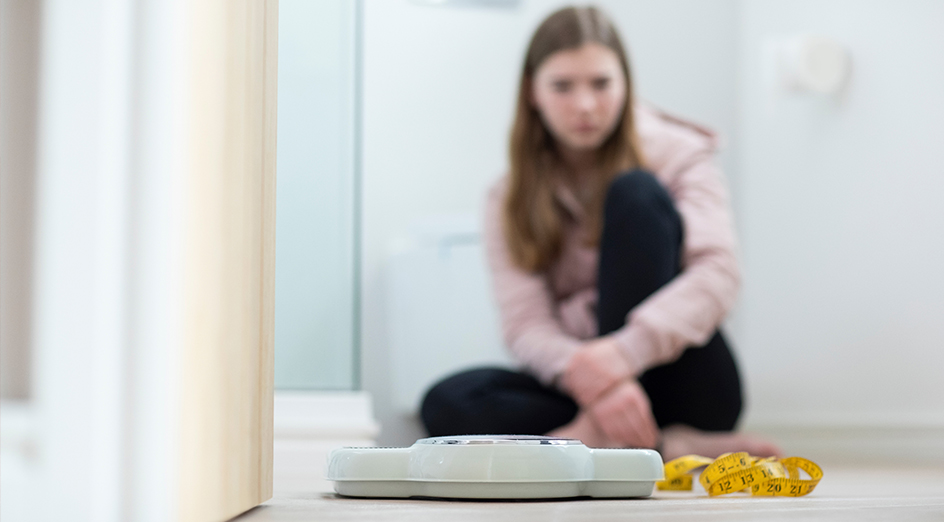A roundtable discussion at Parliament House in Canberra today is reviewing escalating concerns surrounding social media’s impact on body image and mental health among children and young people.
“Current laws regulating social media are insufficient to protect against harm related to body image and eating disorders.”
Associate Professor Marilyn Bromberg, UWA Law School
Hosted by Zoe Daniel MP and the Butterfly Foundation, the event has drawn together experts and stakeholders for a conversation on the well-being of the nation’s youth in the digital age.
Participants include Emma McBride MP, Assistant Minister for Mental Health and Suicide Prevention, Toby Dagg, the Acting eSafety Commissioner, Kate Chaney MP, the Independent Member for Curtin and Mia Garlick, the Regional Director of Policy at Meta.

Associate Professor Marilyn Bromberg from The University of Western Australia’s Law School, who has researched social media and the law for over a decade, is also a participant.
“Over a million Australians suffer from eating disorders and when people use social media, they are exposed to countless images of people who are perceived to have ideal bodies,” Associate Professor Bromberg said.
“We know that when some people see these images, it can result in poor body image and can contribute to developing these disorders, which is particularly prevalent among young people.
“Current laws regulating social media are insufficient to protect against harm related to body image and eating disorders.”
Associate Professor Bromberg said she was grateful to be able to meet with survivors of eating disorders, politicians, researchers and other important stakeholders from across the country to discuss ways to make social media safer in the area of body image.
“We must work together to ensure the safety and well-being of our youth in the digital age – including exploring legislative and other avenues to reduce harm and hold those responsible for harmful content accountable,” she said.
“We hope it will serve as a catalyst for meaningful change and collaboration, setting the stage for further discussions and actions to protect the mental and physical well-being of Australia’s youth in the online world,” Associate Professor Bromberg said.








